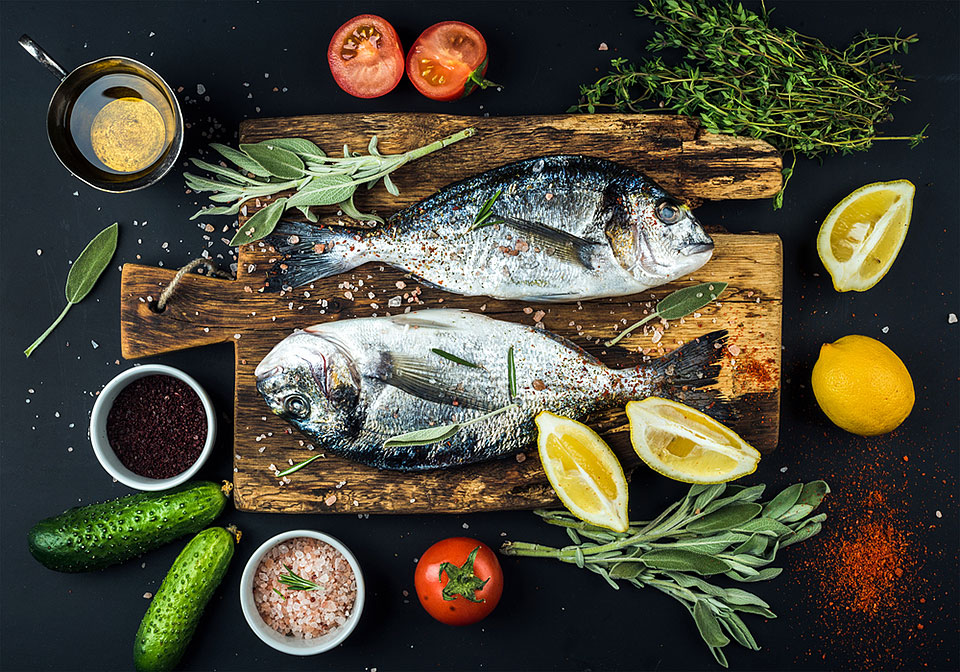Can What You Eat Affect Testosterone Levels?
If you’ve ever wondered if your “Low T” is caused by what you eat, you may already be on the road to a higher count. We agree that foods can boost testosterone, and we’re going to show you how to eat to achieve your optimal testosterone health.
What Food-Related Conditions May be Associated with Low T?
First, recognize that some problems may be related to Low T, so we’re going to look at the kinds of conditions that may already be affecting your health. Each of these is potentially life-threatening if left untreated.
- high cholesterol levels
- high blood pressure
- being overweight or obese
- drinking excessive amounts of alcohol
- using illegal drugs
If any of these describe you, they could be causing Low T. Here’s how to get back on track.
Step One: See Your Doctor

Nothing in this article takes the place of seeing your doctor. The first step is to make sure you are following his guidelines that he has designed specifically for you. Getting his advice and doing what he says can prevent serious conditions that may be worse than Low T. So start here.
Step Two: Evaluate Your Eating Habits

What’s a typical meal for you? How about what you eat on a typical weekend? Are you a breakfast eater and if so, what does your breakfast look like? To achieve optimal health, you have to realize that what you eat is of great significance in how you feel.
What Nutrients Does Your Body Need to Produce Testosterone?
As a natural complement to the supplements your doctor prescribes, you can consume foods that increase levels of Vitamin D and zinc, both of which are necessary to build testosterone. The ideal way to get these important nutrients is through the food you eat. Supplementing with pills may seem a lot easier, but the nutrients don’t absorb nearly as well as when they are ingested from food.
5 Foods to Boost Low T

- Fish
Tuna, salmon, and sardines are all high in Vitamin D. A serving of Tuna will give you all of that day’s requirement for Vitamin D. This essential vitamin in linked not only to production of testosterone but to a longer life as well. It’s good for your heart and rich in protein, yet low in calories. But don’t go wild with fish. A couple of servings a week is the goal to shoot for. More than that could lead to too much mercury, which is found in seafood. - Shellfish
While deep-water fish increase the level of Vitamin D in your body, shellfish increases the level of zinc. Your body doesn’t have a way of storing zinc, so you need to eat the right foods every day to be sure you’re getting that essential mineral. Oysters, lobsters, and crab are a great-tasting way to get zinc into your system. The National Institutes of Health recommends 11mg of zinc for all males nineteen years of age and older. - Beans
It may surprise you to learn that beans offer perhaps greater benefits than you ever thought. Vitamin D and zinc both are found in white, black, and kidney beans. Plant-based proteins are not only for vegetarians; they provide a heart-healthy way to increase your testosterone, too. - Low-fat milk with Vitamin D added
We all know that the calcium and protein found in milk helps keep bones strong. When fortified with Vitamin D, milk may also boost testosterone levels, too. - Fortified Cereals
If you aren’t the eggs for breakfast kind of guy or if you have cholesterol problems, eating a fortified cereal may be the best way to start your day. Read package labels to find out which brands are fortified.
A Few More Ideas

Besides eating foods high in Vitamin D and zinc, you can help boost your testosterone levels by doing a few other things.
- Exercise and lift weights. Not only is it good for your strength and flexibility, exercise also helps alleviate stress, which in turn lowers cortisol levels.
- Get outside when you can. Vitamin D comes directly from exposure to the sun. But be wise and don’t forget the sunscreen.
- Get lots of quality, restful sleep. Those late nights aren’t doing you any good and you’re depriving your body of the time it needs to rebuild and replenish. Get 7-9 hours every single day.

